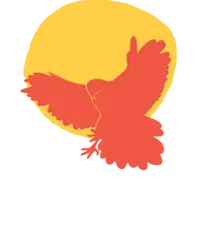
In Australia, National Sorry Day holds great significance as a moment of reflection, empathy, and healing for the historical injustices endured by the Indigenous peoples. This annual observance provides an opportunity to acknowledge the pain and suffering caused by past government policies and actions, and to pave the way for reconciliation and understanding. Recognising Australia’s National Sorry Day is not only important for the Indigenous community, but for all Australians committed to building a more inclusive and reconciled society.
Teachers and educators play important a role in helping children to grow up with a fuller understanding of the different histories and cultures experienced by
the peoples of this country.
The first National Sorry Day was held on 26 May 1998, one year after the Bringing Them Home report was tabled in Parliament. The Bringing Them Home report is a result of a Government Inquiry into the past policies which caused children to be removed from their families and communities in the 20th century.
Australia’s National Sorry Day primarily commemorates the Stolen Generations—the Indigenous children forcibly removed from their families between the late 1800s and the 1970s. Recognising this dark chapter in Australia’s history is crucial to confront the pain and trauma experienced by those affected and their families. It serves as a reminder of the ongoing intergenerational impact and the urgent need for healing and redress.
By recognising National Sorry Day, we take a significant step towards fostering reconciliation. It’s an opportunity to acknowledge the wrongs of the past, express genuine remorse, and demonstrate a commitment to building a future based on respect, equality, and understanding. Through this acknowledgement, we contribute to the process of healing and strengthening the bonds between Indigenous and non-Indigenous Australians.
National Sorry Day serves as a catalyst for empathy and understanding among Australians. It encourages us to listen to the stories and experiences of the Stolen Generations, deepening our awareness of the profound injustices they endured. By recognising their pain and validating their experiences, we can cultivate empathy and develop a greater understanding of the ongoing struggles faced by Indigenous communities.
Recognising National Sorry Day is an active step towards promoting social change. It encourages individuals, communities, and institutions to reflect on their role in addressing the impacts of colonisation and systemic injustices faced by Indigenous peoples. Through education, advocacy, and genuine engagement, we can work towards dismantling barriers, challenging discriminatory practices, and creating a more inclusive society for all Australians.
Australia’s National Sorry Day provides a significant opportunity to reflect on the painful chapters of our history and work towards healing, understanding, and reconciliation. By recognising this important day, we can collectively acknowledge the injustices of the past, foster empathy and understanding, and actively contribute to building a more inclusive and compassionate society. Let us embrace National Sorry Day as a vital step forward on the path towards healing and reconciliation for all Australians.
Sign up to be the first to know about new products and blog posts and get exclusive discount codes.


We acknowledge and pay our respects to the Minjungbal People of the Bundjalung Nation, the Traditional Custodians of the beautiful land and waterways on which we live and work.
Always was. Always will be Aboriginal land.
Copyright © Songlines Art, Culture, Education.
We acknowledge and pay our respects to the people of the Bundjalung Nation, the Traditional Custodians of the beautiful land and waterways on which we live and work.
Always was. Always will be Aboriginal land.
